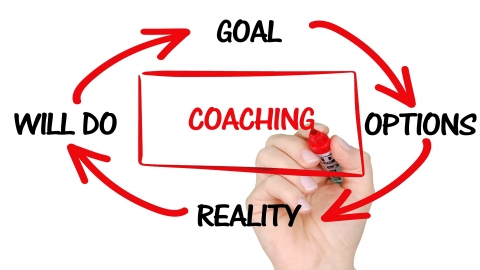

How to Best Answer Job Interview Questions
Part 2: The best to answer frequently asked questions
In Part 1 we covered some of the important questions you will likely need to answer. In Part 2 we dive in a bit more and cover some new questions that are frequently asked.
6. What do you know about the company?
The purpose of this question is not whether you understand what the company does, but rather how much you care about the company. Anyone can read up on the website and regurgitate the mission statement. You have a chance to stand out by talking about how you personally feel about what the company does after you have demonstrated an understanding of the overall business.
You might start by saying: “I really believe in this company’s approach because you are doing something really innovative in a high growth industry…” or “I’m personally drawn to this company’s mission because of all the good impact you are having on a huge number of people. ”.
7. What is your greatest professional achievement?
Don't be shy when answering this question. This is your chance to shine. You can use the S.T.A.R. method to format your answer.
S = Situation: Succinctly describe your role.
T = Task: Quickly describe the problem you needed to solve or task that you needed to complete.
A = Action: Spend more time on the details of how you came to a solution or resolution.
R = Result: Then emphasize the impact of this accomplishment, how it affected others and the business.
For example: “In my last job as the office manager it was my job to process incoming invoices. The manual procedure was very time consuming, so I implemented a software solution that saved the company 20 hours a month and gave management easier access to the cash flow data.”
8. What type of work environment do you prefer?
You want the details of this answer to match up with the details of the work environment you are applying for. It helps if you can get to know these details beforehand. Your preferences should be aligned with theirs if you really want the job, so it pays to do your research. You can try showing up early to observe people working there. Or look them up on social media and websites to find more information about the company and the people that work there.
For example: "I prefer an open cubicle environment where your team members are near by to allow for collaboration."
9. Why were you fired?
You should answer this question honestly. But focus on the positive aspects of the lessons you have learned and how you have grown as an individual. Turn any negative into an advantage.
For example: “After we lost a huge client account, I spent a lot of time reflecting on the customer experience to make sure I help prevent that sort of problem from happening in the future. I believe experience will be a tremendous asset in my next role.”
10. What are your greatest professional strengths?
Instead of just saying what you think they want to hear it's better to be sincere. Try to find traits that accurately describe you and that are also relevant to the job you are applying for. The more specific the better. This will help you stand out. And then follow up with examples that illustrate how you have used these strengths to make a difference at work.
For example: Instead of saying “people skills,” say something like “persuasive communication” or “relationship building”.

























